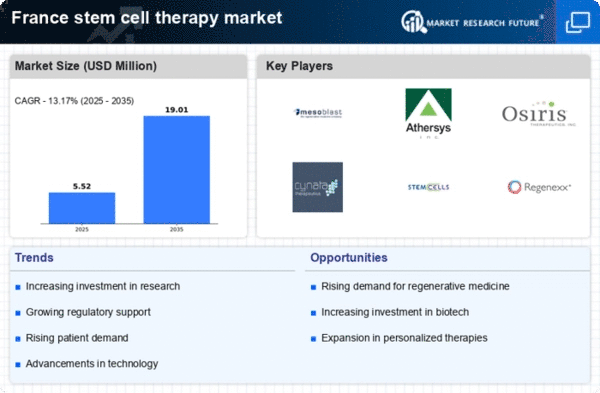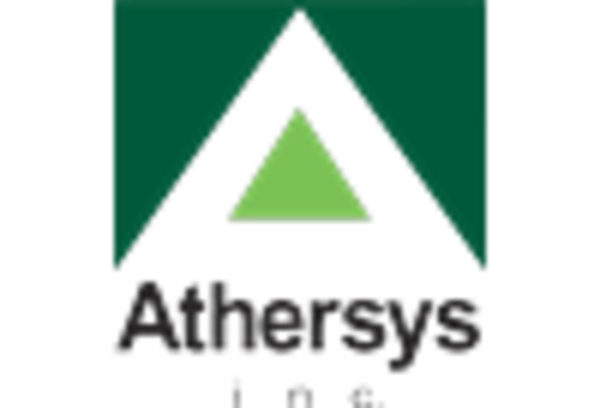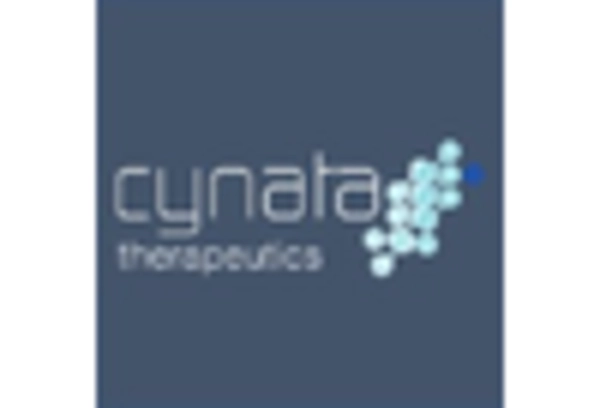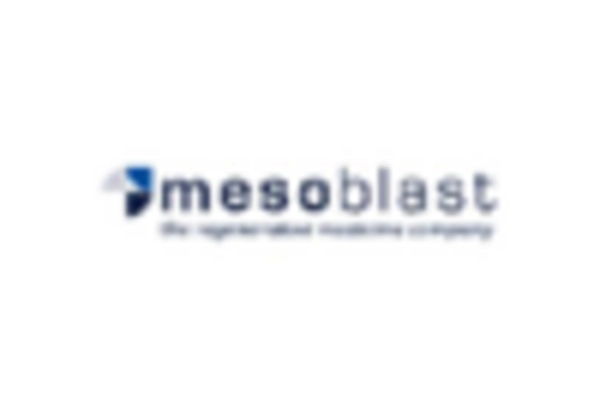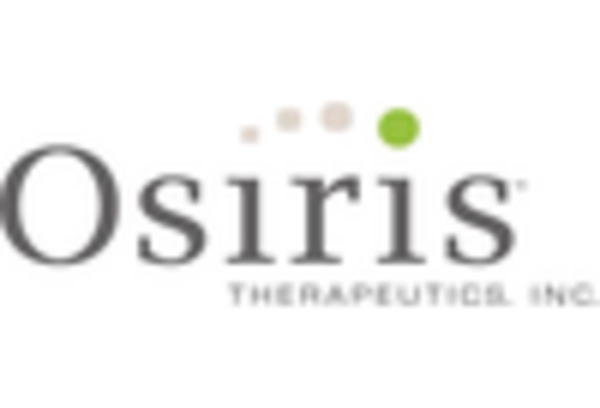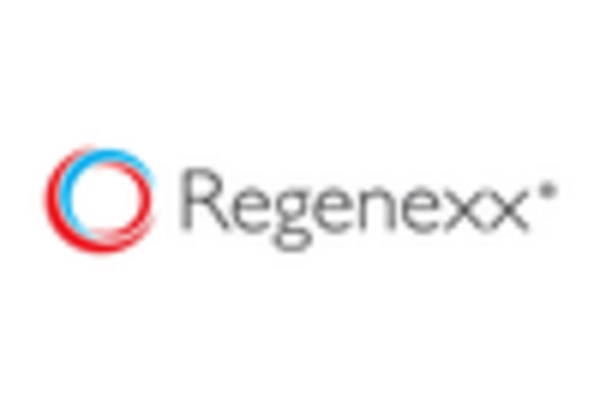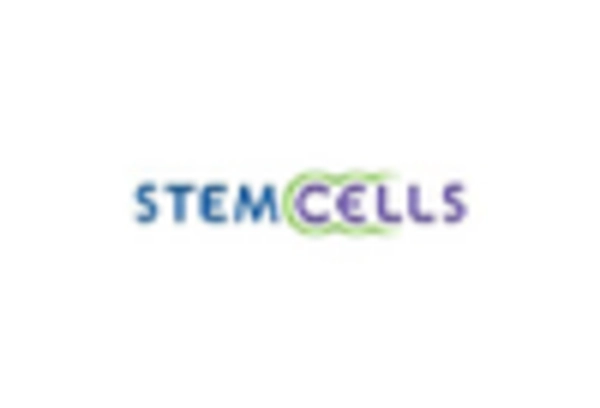Supportive Government Policies
Government policies in France are increasingly supportive of the stem cell-therapy market, fostering an environment conducive to research and development. Initiatives aimed at funding stem cell research and facilitating clinical trials are becoming more prevalent. The French government has allocated substantial resources, with investments exceeding €100 million in recent years, to promote innovation in regenerative medicine. These policies not only encourage private sector investment but also enhance collaboration between academic institutions and industry players. As a result, the stem cell-therapy market is likely to benefit from a more robust regulatory framework, which could streamline the approval process for new therapies and ultimately accelerate market growth.
Advancements in Medical Technology
the market in France is experiencing a surge due to rapid advancements in medical technology. Innovations in cell processing, storage, and delivery systems are enhancing the efficacy of stem cell treatments. For instance, the development of automated cell culture systems has improved the scalability of stem cell production, making therapies more accessible. Furthermore, the integration of artificial intelligence in treatment protocols is optimizing patient outcomes. As a result, the market is projected to grow at a CAGR of approximately 15% over the next five years, driven by these technological advancements. This growth indicates a robust future for the stem cell-therapy market, as new technologies continue to emerge, potentially revolutionizing treatment methodologies and expanding the range of conditions that can be addressed.
Collaborative Research Initiatives
Collaborative research initiatives among academic institutions, healthcare providers, and private companies are playing a crucial role in advancing the stem cell-therapy market in France. These partnerships facilitate knowledge sharing and resource pooling, leading to accelerated research and development efforts. Notably, several French universities have established joint research programs focused on stem cell applications, resulting in innovative therapies and clinical trials. Such collaborations not only enhance the scientific understanding of stem cell therapies but also promote the translation of research findings into clinical practice. As these initiatives continue to grow, they are likely to contribute significantly to the expansion of the stem cell-therapy market, fostering a culture of innovation and discovery.
Rising Demand for Personalized Medicine
the shift towards personalized medicine is significantly influencing the market in France. Patients are increasingly seeking tailored treatment options that cater to their unique genetic and biological profiles. Stem cell therapies, with their potential for customization, align well with this trend. The market is witnessing a growing interest in therapies that utilize a patient's own stem cells, minimizing the risk of rejection and enhancing treatment efficacy. This demand for personalized approaches is expected to drive market growth, as healthcare providers adapt to the evolving landscape of patient care. The stem cell-therapy market is poised to expand as more personalized solutions become available, reflecting a broader shift in medical practice.
Increasing Prevalence of Chronic Diseases
the rising incidence of chronic diseases in France is a significant driver for the market. Conditions such as diabetes, cardiovascular diseases, and neurodegenerative disorders are becoming more prevalent, necessitating innovative treatment options. According to recent health statistics, chronic diseases account for nearly 70% of all deaths in the country, highlighting the urgent need for effective therapies. Stem cell therapies offer promising solutions for regenerating damaged tissues and organs, thereby addressing the underlying causes of these diseases. This growing demand for advanced treatment options is likely to propel the market forward, as healthcare providers and patients alike seek alternatives to traditional therapies.


